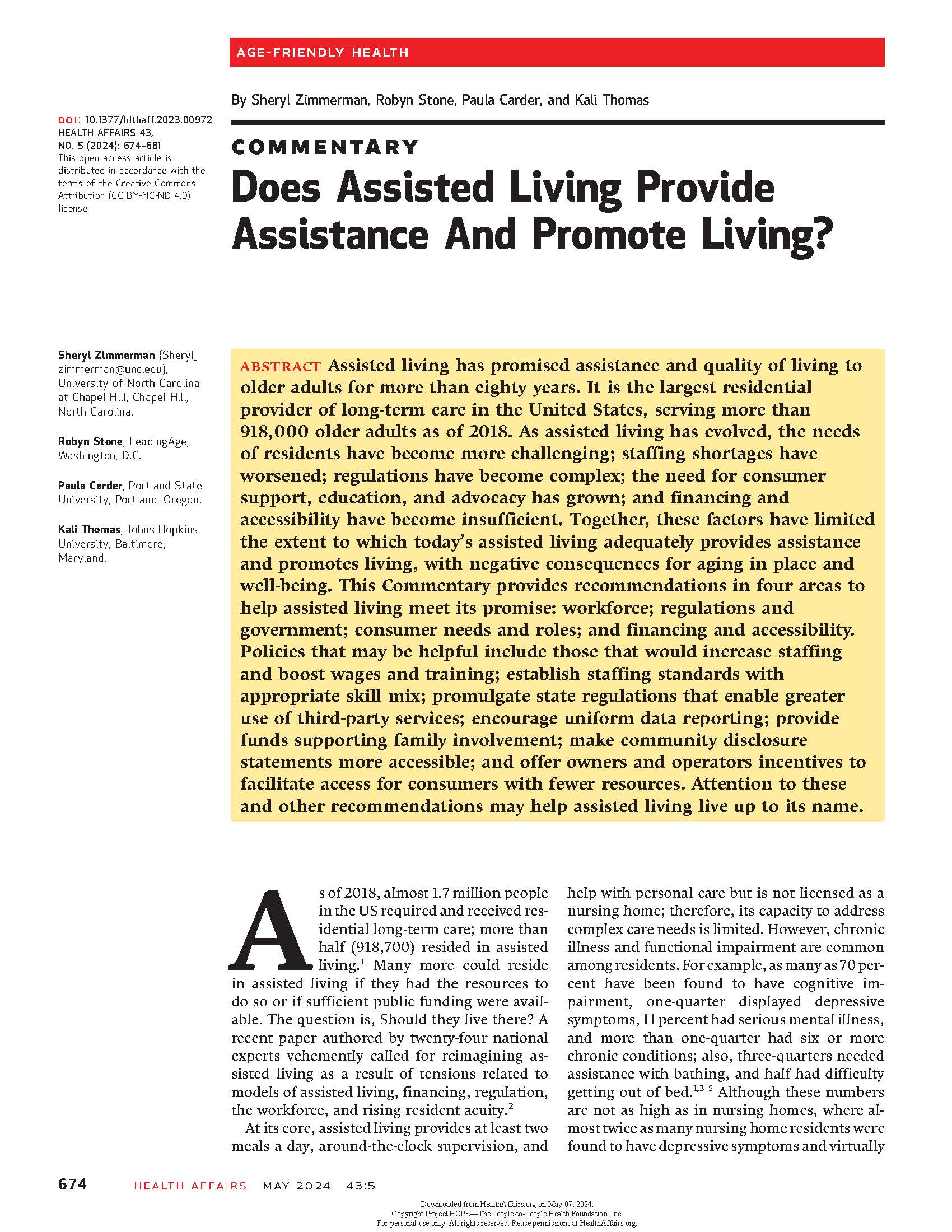Objectives
Develop and evaluate the implementation of a proposed model for large-scale data-driven quality improvement in assisted living.
Design
We conducted a mixed-methods evaluation of the implementation of a large-scale data-driven quality improvement collaborative of Wisconsin assisted living communities (ALCs).
Setting and Participants
The model has been voluntarily implemented by 810 Wisconsin-licensed ALCs serving >20,000 residents.
Methods
The model was codesigned iteratively 2009-2012 by a public-private multistakeholder advisory group. Using system usage statistics and project records, we evaluated implementation outcomes: appropriateness, acceptability, adoption, feasibility, fidelity, penetration, and sustainability.
Results
Implementation for ≥1 quarter was feasible for 92% of the 810 ALCs that enrolled. The model has been deemed appropriate and acceptable by public-private stakeholders representing residents, providers, regulators, and payers, and appropriateness for ALCs serving different populations has been iteratively improved through targeted workgroups. The model is currently adopted in Wisconsin by 31% of the 1573 ALCs in provider associations. Among adopters, 88% on average implemented the model with fidelity to key membership rules per quarter. The model achieved demographic and institutional penetration by currently reaching 24% of Wisconsin ALC residents and by leveraging initial grant funding to become integrated in Wisconsin’s annual Medicaid budget and being central to Wisconsin’s incentive program to managed care organizations. Model implementation for 8 years has been sustained by member enrollment for nearly 4 years on average, with 71% of members enrolled >2 years and sustained early adopters representing 37% that have been enrolled >5 years.
Conclusions and Implications
This is the first implementation study of large-scale data-driven quality improvement in assisted living, despite its demonstrated value in other health care sectors. The article proposes a model with core components and implementation strategies drawing on a decade-long public-private collaboration. The implementation study findings establish a promising path and future directions for wider implementation.


